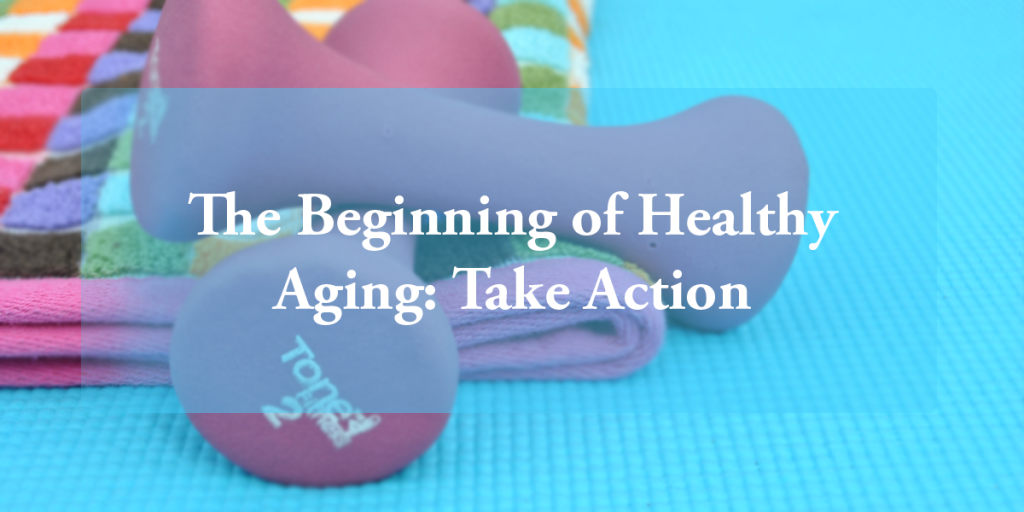
Older adults in the U.S. face many challenges to healthy aging, including getting adequate nutrition and exercise. Today, over 13% of the total population in the United States is 65 years and older. Older adults in the U.S. have the greatest limitations of any group in terms of exercise and are at higher risk of malnutrition and undernourishment. Hispanic older adults face even greater challenges than the larger older adult population in terms of fitness and nutrition. They often live in communities that do not have spaces fit to exercise in and have lower fixed monthly incomes than the larger population. Moreover, Hispanic older adults are the fastest growing demographic in the older adult population.
Efforts to address many of these challenges include age-appropriate exercise and preparation of healthy, balanced foods. The National Hispanic Council on Aging (NHCOA) partnered with AARP to develop a curriculum to address these issues. The curriculum is intended to be a guide for trainers to provide ways for Hispanic older adults to keep fit and maintain proper nutrition. Topics of the curriculum include sensible spending, eating healthy on a controlled budget by maximizing the nutritional value of foods purchased, and minimizing waste and loss from perishable food and items of lower nutritional value. Specifically, the curriculum addresses the following:
- Fitness. Physical activities and exercises are critical to healthy aging of older adults. Exercise maintains and improves physical strength and fitness, helping older adults to carry out activities of daily living and improve their balance. It is also important in the prevention and self-management of chronic diseases like obesity, diabetes, heart disease, degenerative joint disease and osteoporosis. The curriculum describes explains different types of exercises and gives some examples of exercises that are appropriate for older adults. It also provides guidelines and tips for older adults.
- Nutrition. Maintaining adequate nutrition is essential to healthy aging. The curriculum guides Hispanic older adults through the basics of nutrition, including food groups and needed calorie intake. In addition, the curriculum provides healthy culturally –appropriate recipes for Hispanics.
- Hunger. In the U.S., 9.3 million adults face hunger on a regular basis. This is a shocking statistic, but one that can be addressed through awareness. Many older adults facing hunger do not know what resources are available for them so that they can access nutritious meals and food every day. This section of the curriculum creates awareness of this issue and how people can get involved to minimize this reality.
- Wellness. Wellness is the state or condition of being in good physical and mental health. Physical activities, well-balanced nutrition and periodic rest and relaxation are essential elements of a healthy lifestyle. Mental health includes emotional, psychological, and social well-being. This section of the curriculum talks about the importance of a good physical and mental health and how to achieve it.
For more information about these important issues, please keep an eye on NHCOA’s Facebook page to read the full curriculum when it is released to the public.
The opinions expressed in this article are those of the author and do not necessarily reflect those of the Diverse Elders Coalition.

